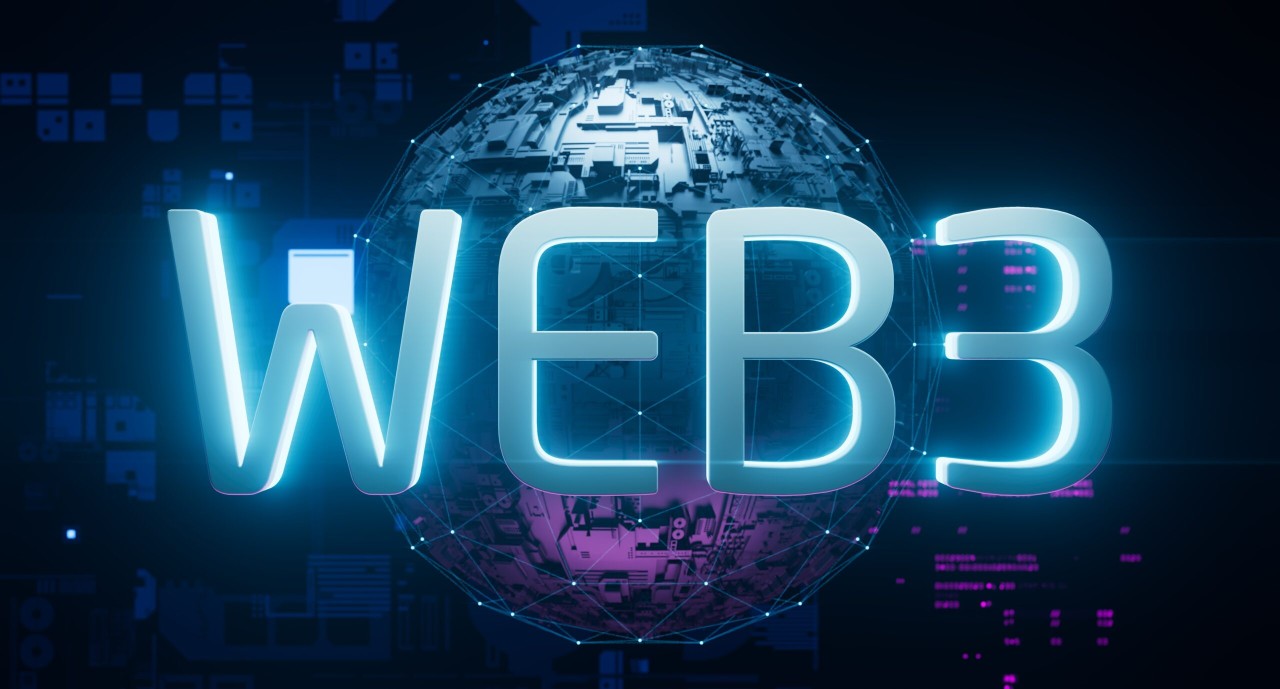A new decentralized application is designed to facilitate direct interaction between users and product teams, thereby revolutionizing user engagement and product feedback in the Web3 space
One of the primary objectives of developers in the Web3 sector is to develop a product that is most effective in serving its end user by leveraging new decentralized technologies. The objective of a novel DApp is to revolutionize the field of user engagement and product development.
Propeller, the first decentralized application (DApp) developed on the River Protocol, aims to improve how product teams interact with their user base. It emphasizes dynamic feedback and meaningful engagement, similar to Trustpilot but tailored for Web3.
LCA, the team responsible for Propeller, has been actively engaged in the industry, advocating for applications that prioritize community engagement. They have previously collaborated with Web3 titans such as Moonpay and Opensea.
It enables users of a particular DApp or product to engage with other power users, discuss their ideas, and interact directly with team members, all while being rewarded for their valuable input.
The appropriate feedback at the appropriate moment
The team stated that the objective was to guarantee that feedback is actively collected and addressed rather than being relegated to gathering detritus.
Greg Isenberg, CEO of LCA, stated to Cointelegraph that the timing of feedback could decide between a startup’s success and its failure, with the former potentially generating $100 million in annual revenue.

“Sharing feedback on social media in 2024 is like shouting into the void — it gets drowned out in a sea of content.”
He said they saw the need for product teams to get closer than ever with their users in a dedicated and decentralized space and aimed to create something that opened up a “two-way street between product teams and their power users.”
The DApp takes advantage of token-gated memberships and on-chain verification offered by building on the blockchain. This ensures product feedback comes from verified community members rather than bots or fake accounts.
Each membership is therefore represented as a non-fungible token (NFT), which helps keep track of those who adopted the DApp early, thus helping build reputable members and reputation-based awards.
Users at the center
Brian Meek, the co-founder and chief technology officer of HNT Labs, the Web3 venture studio behind the River Protocol, remarked that the industry is on the verge of witnessing the most valuable aspect of Web2 — messaging apps — being developed and embraced on Web3 platforms.
“In order to facilitate this shift and drive large-scale adoption, we’re going to need high quality, purpose-built products that have familiar feature sets and are aligned with user needs and preferences.”
Meek is not alone in his ethos of needing products aligned with end-user needs as the primary marker.

In a recent interview with Cointelegraph during the Proof of Talk 2024 conference in Paris, Amanda Cassatt, the CEO of the Web3 marketing agency Serotonin and former chief marketing officer for Consensys, highlighted the immense value created by producing something that has true utility and fulfills a need for its end user.


